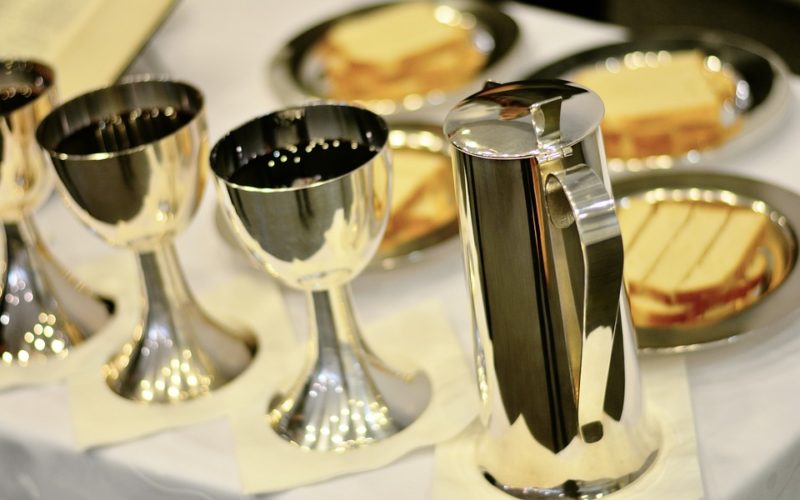For young children, admitting they did something wrong is often a difficult part of their life. Their parents find a broken vase, and they want to know who did it and why. The child who is guilty of running through the house when they were specifically told not to knows they are in trouble, and they would rather skip the punishment they will be given as a result. For them, confession has a negative connotation. Within the world of religion, confession can be positive because they know they will be forgiven.
There are large differences between Christian religious sects when it comes to confessing transgressions. Roman Catholics have always been taught that confession to a priest is the same as confessing to God, and they hold to the belief that the penance given by the priest is a divine sentence handed down by God for their atonement. Once they have completed their penance, they are then forgiven for what they have done.
The majority of Protestant religions have rejected the Catholic belief that a person must confess their sins to a priest, and they believe it is between the person and God only where confession is concerned. Outsiders to these religions often believe they are less than honest because they see no way in which the person must in any way atone for their sin, so they believe the ritual is ineffective. While this is true for those who do not atone for their transgressions, the belief in their religious sect is that God will eventually punish them if there is no actual atonement.
Learning about the differences in confession can lead a person to choose a religion based on ease, but those who ignore the atonement portion of this sacred rite will find there are penalties at some point. Gaining understanding is not always easy for even those raised within a religious sect, and it can be even more difficult for those who were raised differently.















